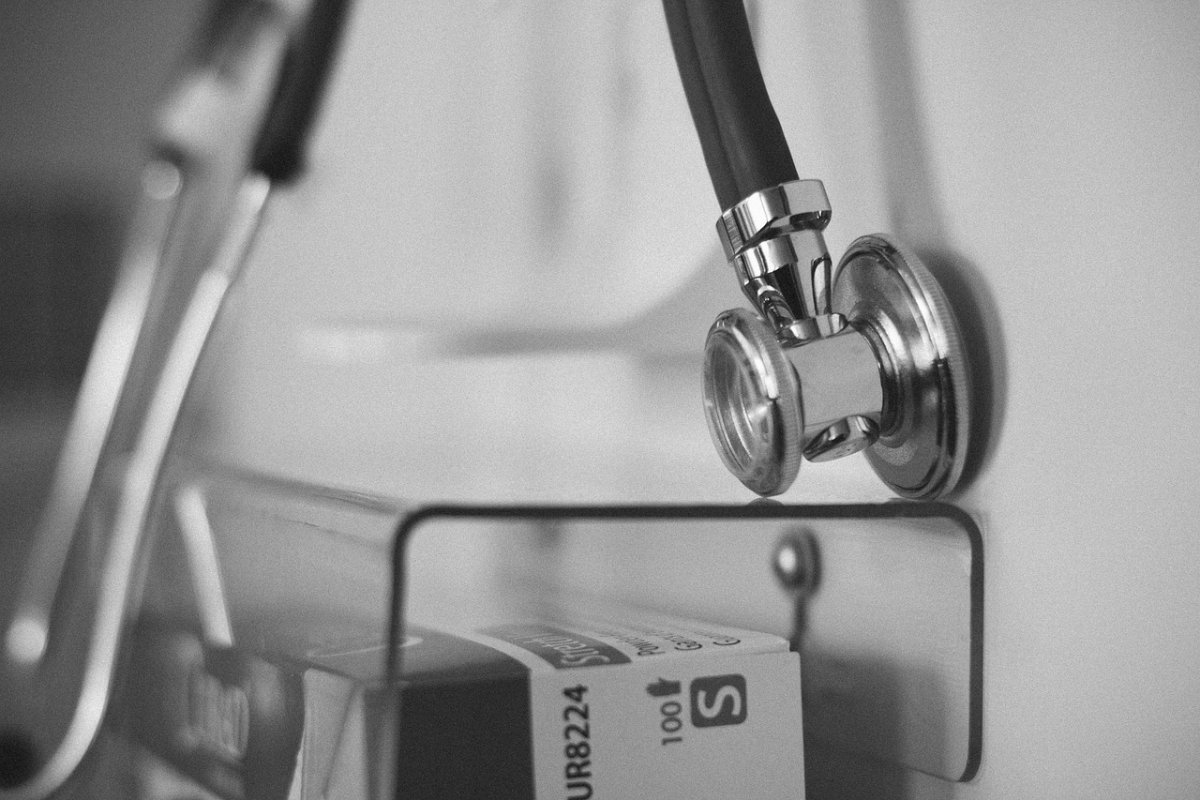
Lung cancer in the early stages does not cause symptoms until it progresses. When this happens, the person may experience dysphagia while eating.
Lung cancer is a serious form of cancer in which malignant cells grow uncontrollably in organs responsible for absorbing oxygen. As cancer progresses, the body may undergo noticeable changes that affect daily life. One such telltale sign is difficulty swallowing, also known as dysphagia.
According to the Lung Cancer Foundation, this can lead to weight loss and dehydration.
—This could be caused by cancer, infections such as thrush, or side effects of treatments such as radiation therapy, the study notes.
It may seem that the food is not being swallowed, or that sometimes the food already swallowed comes back. Sometimes, swallowing may cause pain or a burning sensation.
Symptoms of dysphagia:
- Discomfort in the throat and esophagus< /li>
- The feeling of fullness in the chest gradually develops
- Salivation intensifies.
- A dry cough appears
- The voice changes, itching in the throat.
- With a long-term violation, a person loses weight, weakens, and digestive problems are possible.
Other symptoms of lung cancer:
- Cough that doesn't go away for two or three weeks
- Cough that gets worse
- Persistent chest infections
- Cough with blood
- Pain or pain when breathing or coughing
- Persistent shortness of breath
- Persistent fatigue
- Loss of appetite or unexplained weight loss.
Doctors remind that smoking is one of the main causes of lung cancer. According to Cancer Research UK, about seven out of 10 lung cancers are caused by smoking. This includes breathing in other people's cigarette smoke, which is known as passive smoking.
Some substances increase the risk of lung cancer. These include asbestos, silica and diesel exhaust fumes. Exposure to diesel fumes for many years also increases the risk of developing lung cancer.
In addition, the risk of developing lung cancer increases by about 33 percent if you live in an area with a high content of nitrogen oxides (mainly produced in cars and other vehicles).
Previous lung diseases can increase the risk of developing lung cancer such as pneumonia, according to Cancer Research UK.
Difficulty swallowing is a sign of a serious illness
—Your risk of developing lung cancer is higher if you have COPD (chronic obstructive pulmonary disease) or lung infection (pneumonia) compared to people who don't, says study.
Certain changes in nail condition may indicate cancer
Read also: Reduce nuts will help blood sugar.
Important! Information provided for reference purposes. Ask a specialist about contraindications and side effects and under no circumstances self-medicate. At the first sign of illness, consult a doctor.
